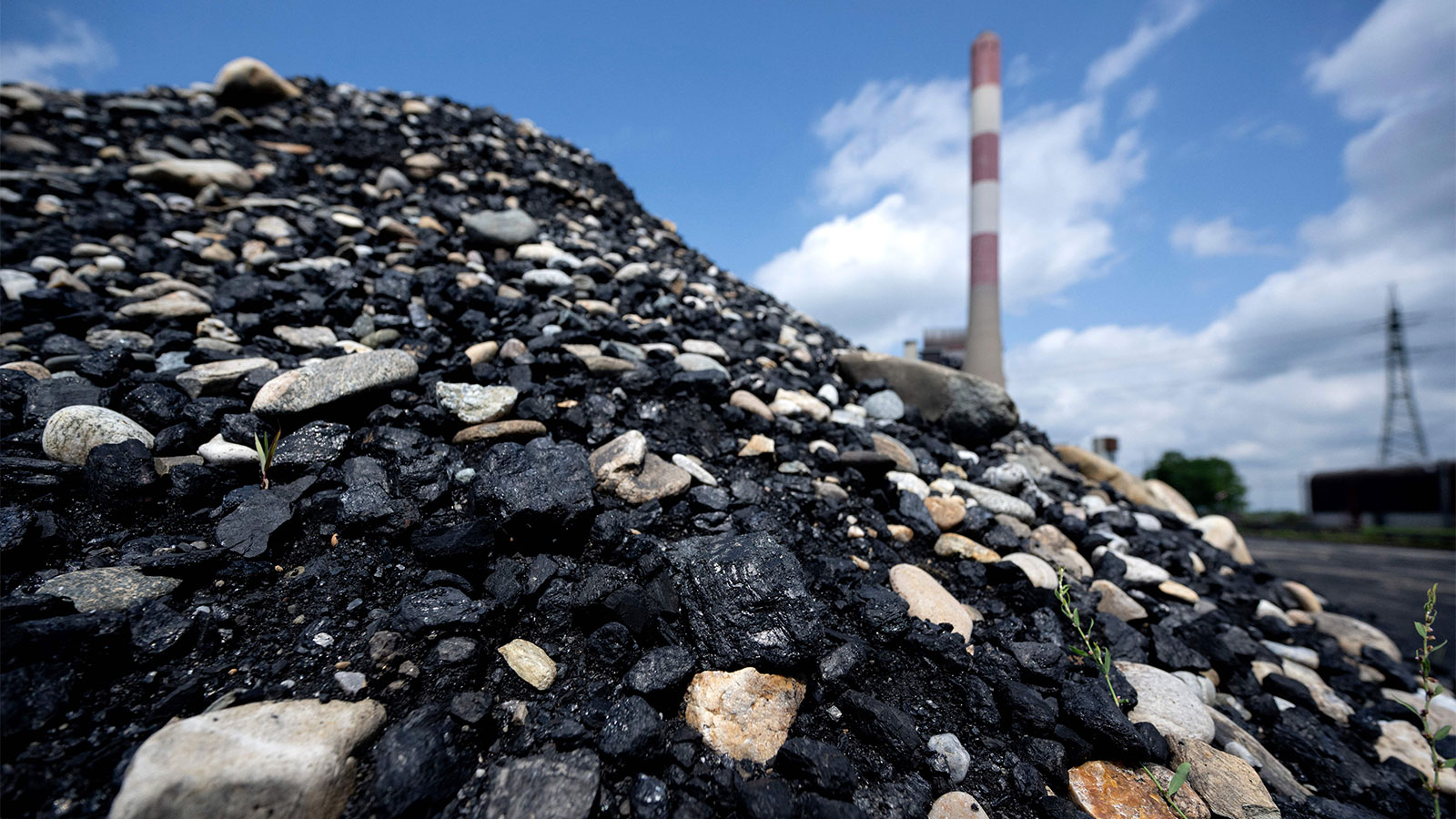A report from Bloomberg lays out the ways that natural gas is now affecting not only the world’s carbon future, but our present geopolitics and international economy. The price of the ostensible bridge fuel has increased in some European markets by as much as 700 percent as Russian embargoes have tightened its supply considerably. Against this backdrop, the unrelenting pressures of global energy demand have revived an old enemy: coal.
The looming energy crisis, according to Bloomberg, has forced poorer countries that have invested in natural gas-based power infrastructure to implement planned blackouts, while wealthier ones are facing widespread economic recession due to inflated costs. At the conclusion of last week’s G7 summit in Bavaria, leaders called for significant investment in natural gas infrastructure to address the situation — a statement that has been criticized as “backsliding” on prior commitments to climate action.
Growth in natural gas infrastructure would have obvious negative implications for global climate goals, in spite of natural gas’ reputation as a cleaner alternative to coal. A report last month from the Environmental Integrity Project found that the annual carbon footprint of all of the proposed expansions of liquefied natural gas terminals in the United States alone would be equivalent to that of 20 coal-fired power plants.
But until the supply of natural gas and infrastructure to process and transport it expands, energy import-reliant countries are actually turning back to coal. NPR’s Marketplace reports that Germany is ramping up capacity at its coal plants to avoid blackouts threatened by the tight natural gas supply, and that globally we are on track to burn more coal in 2022 than in 2021. Coal imports in the Antwerp-Rotterdam-Amsterdam transportation hub increased by 35 percent in the first half of 2022.
These short-term trends suggest a concerning development for American energy producers, which have largely relied on the forces of capitalistic competition rather than government regulation to reduce their own emissions.



